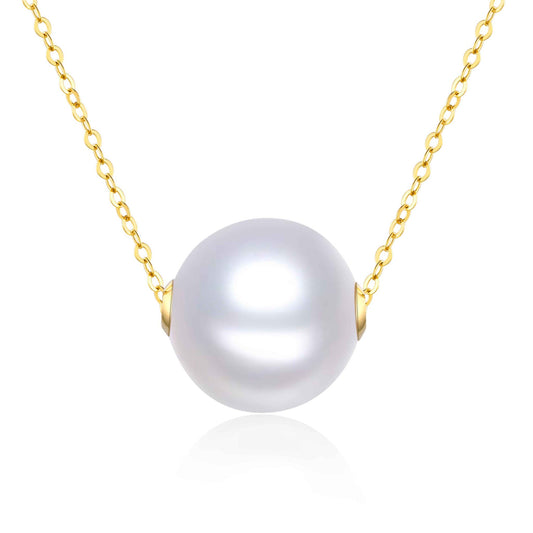
Emmeline Pankhurst: A Political Pearl
Share
She Set Fire to Women’s Societal Shackles
We tend to consider our parents’ support, the household we’re born into, the political climate of our time, as determining factors in who we become. But what if all of those seem to work against you? Oysters teach us that no matter what your challenges, if you keep working for your cause, you will eventually find the pearl inside. We believe that people are like oysters and that we can channel our difficulties and obstacles in such a way that we take an ordinary – and sometimes not so ordinary – life and turn it into a pearlescent legacy. In honor of this unique human quality, we are publishing a series looking at women who have lived their lives like pearls. This is another installment of the Living like a Pearl series. Find the other stories here.
_________
Emmeline Pankhurst was born in Manchester, to politically active parents, in a time when women had very little to no political power. As a child, she showed a keen intelligence and started reading as young as age three. She is known to have said that her father came into her room one night to check on her and, as she pretended to be asleep, heard him say that it was ‘a pity she wasn’t born a lad.’ Though her parents believed women should have the right to vote, they still expected their sons to get a good education while their daughters should learn about homemaking and marry well.
Emmeline not only chose to do both of these but also to change British women’s political fate. She refused to let the limitations that her parents and society imagined she had, hold her back.
Her political awakening came at age 14, but she would make her biggest impact much later in life.
She married Richard Pankhurst, 24 years her senior, at age 21. He was a barrister advocating for women’s suffrage and had remained a bachelor in order to serve the public. For this reason and her political convictions, their marriage was something taken very seriously and deliberately by both: she suggested a free union, he said no after he saw first-hand how a female colleague had experienced condemnation before finalizing a marriage, and feared that a free union would exclude Emmeline from political life. It was the right decision – one that played a role in Emmeline’s insistence that suffrage should be about all women, not just unmarried women.
Emmeline was part of various women’s organizations while raising her five children. But it was only after Richard’s death in 1897 that her activism became extreme.
In 1903 she started the Women’s Social and Political Union (WSPU). The organization lasted only ten years, but it wasted no time to make a difference and used controversial tactics to drive home their point. They became known for violent, destructive acts that became ever more daring. They organized protest marches and drew up petitions, but they also broke windows, damaged public property, had violent clashes with the police, and burnt buildings. Their slogan was ‘Deeds, not words,’ and it came from Emmeline’s belief that years of peaceful marches and promising speeches by politicians had come to nothing for women. Whenever members of the WSPU were arrested, they went on hunger strikes. Authorities responded by force-feeding them – which, according to her own account was a harrowing experience – and giving them solitary confinement.
Besides the prison sentences, there were many critics of her movement. In 1913, prominent members of the WSPU left the union because of its extreme tactics. She also had major disagreements with her two youngest daughters about her activism and her stance on specific issues. Emmeline herself suffered serious setbacks in health and finances due to the activism. But still she continued, even when her sister died two days after being incarcerated for a month.
Then finally, in 1918, she saw the first and only rewards in her lifetime for her efforts: the Representation of the People Act was passed, granting the vote to women in Britain over the age of 30.
Emmeline died at age 69, when years of touring, speaking engagements, several prison sentences, and hunger strikes, as well as another major disagreement with her second daughter, had weakened her. A few weeks after her death, the Representation of the People Act was extended to include all women age 21 and older. News of her death was publicized around Britain and the world. When she died, the New York Herald Tribune lauded her as ‘the most remarkable political and social agitator of her time.’
Though her actions were controversial, the change it helped bring still resonates today, a century later. She has been named one of the 100 greatest Britons by BBC and in 1999 Time magazine named her one of the most important people of the 20th Century.
She is one of the most important pearls on the political journey that women have walked over time. Like an oyster, difficulties only made her resolve stronger, and her achievements were that much more precious when they finally came.



